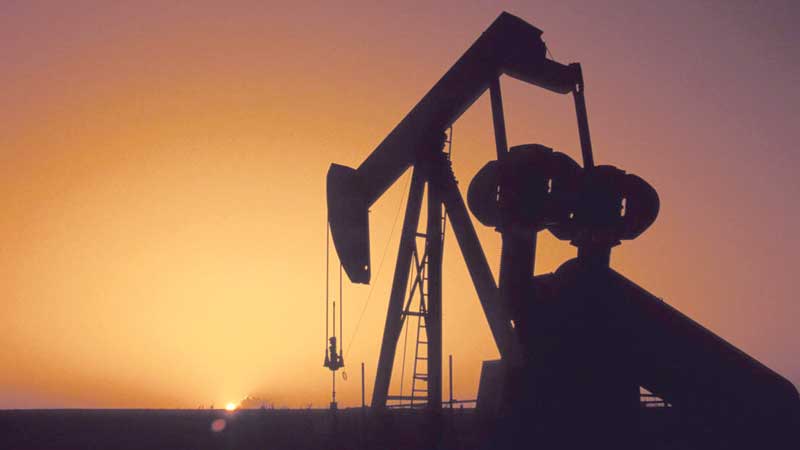


The Oil & Gas sector remains an important and significant part of Oman’s economy. The sector has businesses operating in ‘upstream’ exploration and production activities, ‘midstream’ transport and storage activities, ‘downstream’ refining and marketing activities, and service companies providing support services to the sector. The introduction of VAT in Oman will have different impacts on each type of sector participant.
The supply of crude oil, its derivatives, and natural gas would be subject to zero-rated for VAT purposes in Oman.
Zero-rate means that VAT should be charged at zero per cent on such supplies and any VAT incurred in relation to making these zero-rated supplies can be recovered.
Businesses making such supply should consider the cash flow impact, as they would be required to pay VAT on their purchases, and values of which can often be significant for capital and operational expenditure. Where VAT is not refunded immediately by the authorities, significant funds would be tied up in funding the VAT.
The scope of the Oil & Gas sector and the goods and services provided by the businesses in the sector are quite broad and generally include engineering, designing, construction, drilling, seismic survey, installation, maintenance, leasing of vessels, storage, and refinery services. It is important to consider the specific VAT treatment of each of these supplies.
In absence of Oman VAT Executive Regulations, there is uncertainty on the VAT treatment of goods and services provided in the Oil & Gas value chain. Where these services are not specifically zero-rated in Oman VAT law, these should be subject to VAT at standard rate of 5 per cent.
Complexity in VAT determination: The following are some of the most common scenarios where determining the VAT treatment can be a challenge:
Cash Calls: There is no global accord on how cash calls ought to be treated from a VAT perspective. Cash calls are generally not addressed within the VAT legislation with the tax authorities deciding their own approach at a policy level rather than on a pure VAT technical basis.
Flash Title Sales: In Flash Title supplies, goods are sold between several parties before being physically exported outside Oman. This creates a variety of chain transactions to analyse from a VAT perspective, including the application of indirect export.
Supply of accommodation in labour camps: Where business provides accommodation for its staff in a labour camp, businesses must determine whether it is making an exempt supply of the residential building to its staff. Any costs which directly relate to the provision of that residential accommodation to the employee, for example, utility costs, should be treated as relating to an exempt supply and therefore any VAT incurred on such expenses should not be recoverable.
Long term contracts: Contracts spanning beyond the VAT implementation date would create enormous challenges for the business in determining the correct VAT treatment for goods or services supplied partially before and after the VAT implementing date.
In conclusion, the Oil & Gas sector has several complexities and the introduction of VAT in Oman would add additional considerations for businesses across the supply chain.
VAT in principle should not be a cost to the business, however, it is almost certain that sector participants will feel a cash flow impact. Businesses within the sector should examine their operations to determine the VAT implications and to ensure compliance with the VAT law and avoiding any disruption to the business. [Author Alkesh Joshi is Partner, Oman Tax Leader & MENA Energy Tax Leader at EY; Co-author Hussnain Ali Rao is Assistant Manager, Indirect Tax at EY]
Oman Observer is now on the WhatsApp channel. Click here



